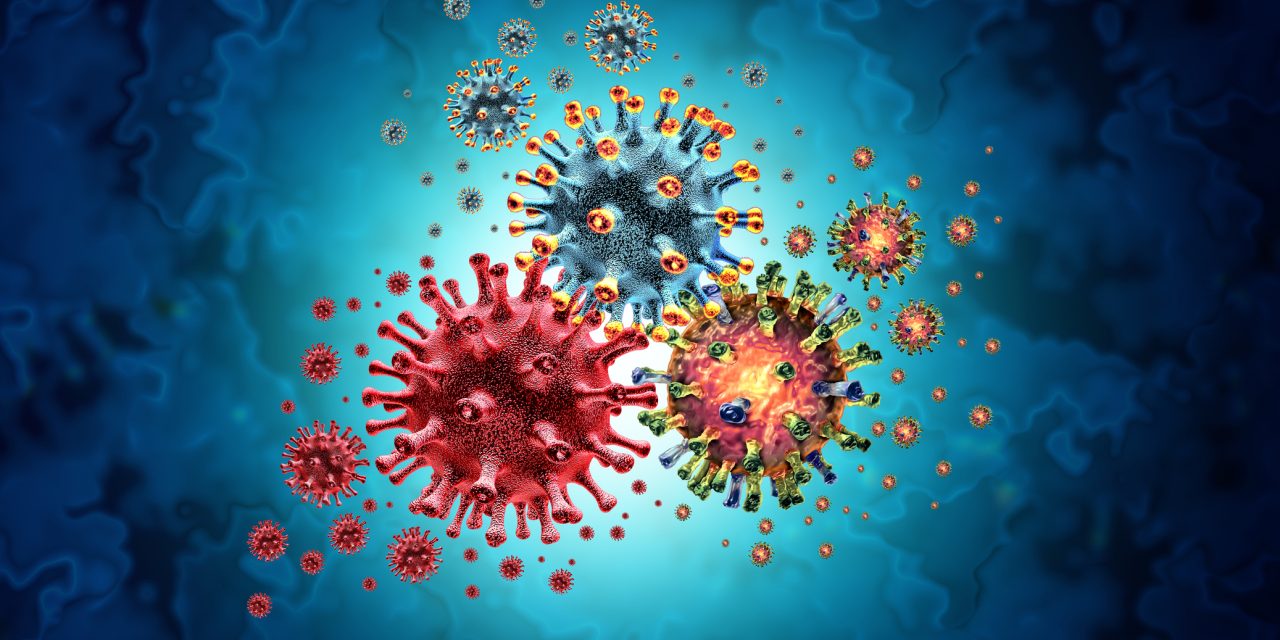Many evidences suggest a protective role of phenolic compounds on mood disorders. We aimed to assess the effect of the açaí seed extract (ASE) on anxiety induced by periodic maternal separation (PMS) in adult male rats. Animals were subdivided into six groups: Control, ASE, fluoxetine (FLU), PMS, PMS+ASE, and PMS+FLU. For PMS, pups were separated daily from the dam for 3hrs between postnatal day (PN)2-PN21. ASE (200mg/Kg/day) and FLU (10mg/Kg/day) were administered by gavage for 34 days after stress induction, starting at PN76. In PN106 and PN108, the rats were submitted to open field (OF) and forced swim tests, respectively. In PN110 the rats were sacrificed by decapitation. ASE increased the time spent in the center area in OF test, glucocorticoid receptors in the hypothalamus, TRKB receptors in the hippocampus, nitrite levels and antioxidant activity in brainstem from PMS+ASE group compared with the PMS group. ASE also reduced the corticotropin-releasing hormone plasma levels, norepinephrine adrenal levels, and oxidative damage in the brainstem from adult male offspring submitted to PMS. In conclusion, ASE treatment has an anti-anxiety effect in rats submitted to PMS by reducing hypothalamus-pituitary-adrenal axis reactivity and increasing NO-BDNF-TRKB pathway and antioxidant defense in the central nervous system. Novelty • Anti-anxiety and antioxidant effect of açaí in early life stress. • ASE reduces hypothalamus-pituitary-adrenal axis reactivity. • The anxiolytic effect of ASE may involve the activation of the NO-BDNF-TRKB pathway in the central nervous system.
Anxiolytic and antioxidant effects of Euterpe oleracea Mart. (açaí) seed extract in the adult rat offspring submitted to periodic maternal separation.


